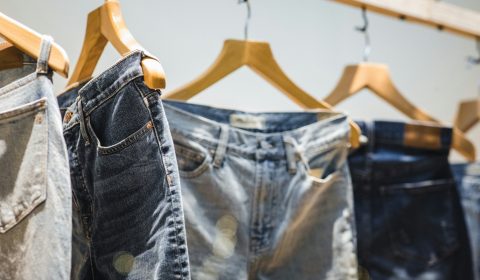Fast fashion giant, Shein, reports that it found two cases of child labour in their suppliers last year.
Fast fashion is already a hot topic of controversy, with it being a massive contributor to unnecessary trends and having immense climate impacts. The industry has the second-biggest consumer of water.
Concerns of fast fashion exceed its poor climate contribution, however. A complex yet massive question is whether fast fashion is ethical – both sustainability speaking and regarding humanitarian ethics.
Shein’s sustainability report comes after workers’ rights campaigners called for government to resist a probable listing of Shein on the London Stock Exchange. This was due to major distress over a lack of transparency about suppliers.
This has concerned the general public and trusted organisations alike, with the British Fashion Council (BFC) stating that the listing would be a ‘significant concern’ to the industry. This probes questions on whether Shein practices are ethical or riddled in dirty money.
Updates on Stop Uyghur Genocide’s legal proceedings against the SHEIN listing: the campaign says there is real risk that Shein’s supply chains include the use of Uyghur forced labour. https://t.co/fLa820dlYF
— Labour Behind The Label (@labourlabel) September 1, 2024
Public Eye, a Swiss-based non-profit group, conducted an investigation which revealed that employees who produce clothes for Shein often worked more than 70 hours a week.
Such conditions are not just inhumane – they’re unbearable. While the average workweek in China is 44 hours, the gruelling demands placed on workers by Shein’s suppliers reveal an appalling and toxic culture of exploitation.
This goes beyond mere overwork; it’s a deeply dehumanising system that strips workers of their dignity.
This has further developed allegations of forced labour in the north-western region of China, creating grave concerns of abuse against the Uyghur people.
In response to the report, Shein told the BBC that it was ‘working hard’ to tackle concerns raised by Public Eye and has made ‘significant progress on enhancing conditions.’
Comment
by from discussion
inunpopularopinion




















